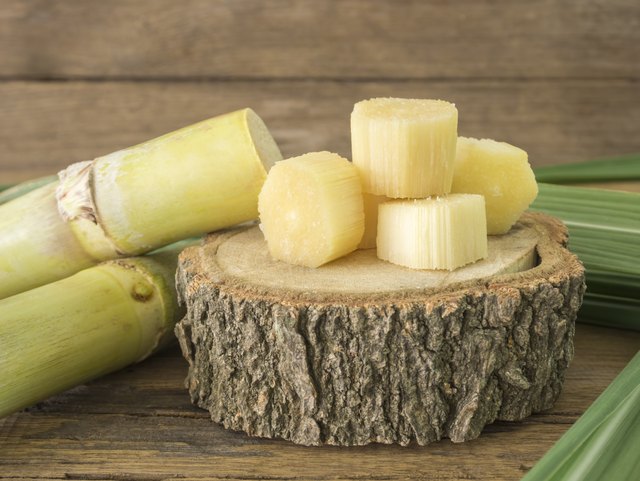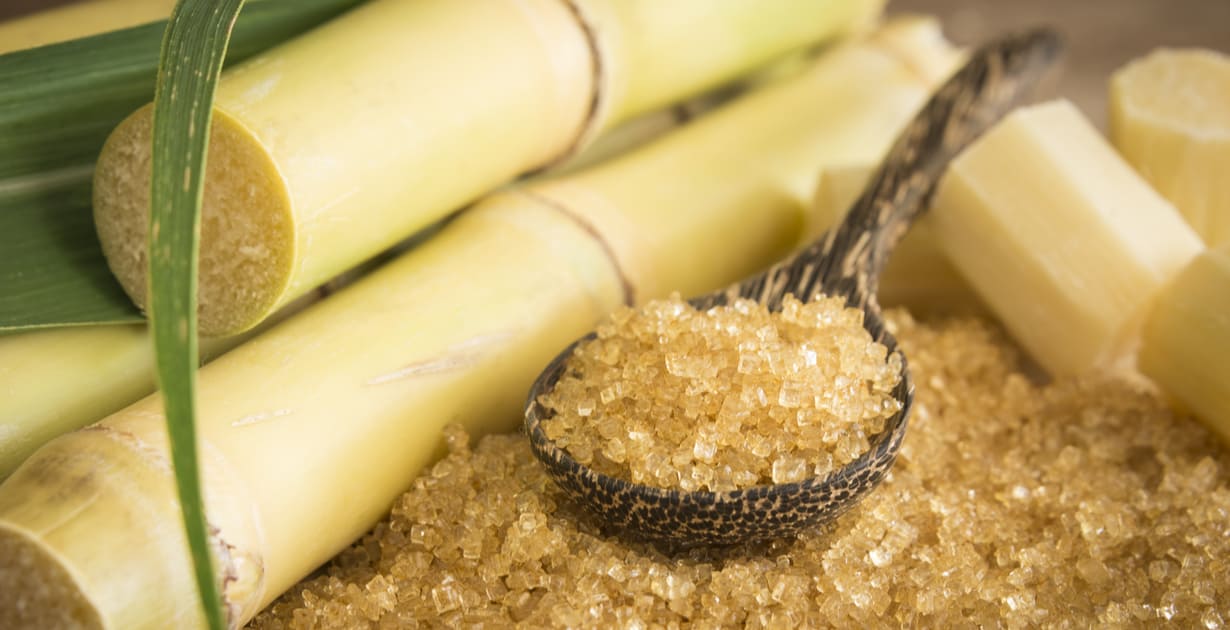How Sugar and Cane Are Used in the Production of Natural Sweeteners
How Sugar and Cane Are Used in the Production of Natural Sweeteners
Blog Article
Why Cane Sugar Processing Chemicals Are Essential for Modern Sugar Refining
The function of walking stick sugar handling chemicals in modern sugar refining can not be overemphasized, as they are important to boosting both the performance of removal and the overall quality of the last product. Representatives such as phosphoric acid and specific flocculants are used to get rid of pollutants, resulting in sugar that not just meets consumer assumptions however also sticks to industry criteria.
Function of Handling Chemicals
The effectiveness of cane sugar handling hinges dramatically on the critical application of handling chemicals. These chemicals play an essential role in improving the performance and top quality of sugar extraction and refining. From the preliminary phases of juice extraction to the last purification steps, handling chemicals promote different crucial procedures.
In the removal phase, chemicals such as phosphoric acid and calcium hydroxide are used to maximize the information procedure, helping to get rid of impurities and suspended solids from the walking stick juice. This not just improves the yield yet also guarantees the quality of the end product. In addition, agents like flocculants help in the quick settling of contaminations, thus simplifying the general procedure.
Activated carbon and ion exchange resins serve to get rid of color and smell, guaranteeing that the refined sugar fulfills consumer high quality requirements. Therefore, the meticulous choice and application of these chemicals are essential for attaining optimum end results in walking cane sugar processing.
Key Kinds Of Chemicals
Walking cane sugar handling relies upon a selection of essential chemicals that facilitate each phase of manufacturing. These chemicals play important roles in making clear, whitening, and purifying the sugar removed from walking stick.
One primary classification of chemicals includes flocculants, such as polyacrylamide, which help in the information process by promoting the gathering and settling of pollutants. Additionally, calcium hydroxide is frequently used to reduce the effects of acidity and help in the elimination of non-sugar components.
Lightening agents, such as turned on carbon and sulfur dioxide, are utilized to decolorize the syrup, causing a clearer last product. These chemicals aid get rid of shade compounds that might impact the sugar's look and marketability.
In addition, phosphoric acid acts as a pH regulator throughout the processing stages, guaranteeing ideal problems for the chemical activities entailed in sugar extraction and purification.
Other essential agents include edta (ethylenediaminetetraacetic acid), which chelates metal ions that might catalyze undesirable responses, and salt hydroxide, which assists in pH control throughout the refining procedure. Jointly, these chemicals boost performance and make certain a premium cane sugar product.
Benefits for Sugar Quality
Typically neglected, using details processing chemicals substantially improves the overall quality of walking stick sugar. These chemicals play a critical role in refining procedures, ensuring that the end product meets strict sector requirements for pureness and taste.

Additionally, refining chemicals assist in achieving a consistent granulation and texture, which are vital for consumer approval. By controlling the condensation process, these chemicals ensure that the sugar crystals create evenly, resulting in an extra appealing item that dissolves well in different applications.
Moreover, using these chemicals can improve the rack life of walking stick sugar by reducing moisture absorption and microbial growth. On the whole, the calculated application of processing chemicals is necessary for delivering high-grade walking stick sugar that fulfills consumer assumptions and industry needs.
Ecological Impact Factors To Consider

Additionally, the energy-intensive nature of sugar refining, worsened by chemical usage, often leads to raised carbon discharges. This contributes to environment modification and elevates concerns pertaining to the sustainability of present refining practices. In addition, the sourcing of these chemicals may involve practices that intimidate biodiversity, such as monoculture farming, which reduces the durability of farming ecosystems.

To reduce these effects, sugar refiners are progressively exploring sustainable choices and adopting finest techniques that decrease chemical use. Implementing extensive ecological monitoring systems can help ensure that the refining process aligns with environmental standards and promotes biodiversity. Ultimately, a balanced strategy that prioritizes both sugar top quality and ecological stewardship is essential for the long-term viability of the sugar industry.
Future Fads in Refining
As the sugar industry faces the ecological challenges additional reading connected with traditional refining methods, innovative approaches are arising to boost both performance and sustainability. One considerable trend is the fostering of eco-friendly chemistry principles, which focus on using non-toxic, naturally degradable handling chemicals. This shift not only decreases ecological impact however also addresses consumer demand for cleaner production methods.
Another encouraging advancement is the implementation of innovative filtration technologies, such as membrane layer separation and adsorption procedures. These techniques boost the clearness and top quality of the sugar while decreasing the quantity of wastewater produced during refining. In addition, the integration of electronic technologies, including IoT and AI, is changing operational performance by enabling real-time surveillance and anticipating maintenance, hence reducing resource waste.
In addition, using spin-offs from sugar refining, such as bagasse and molasses, is gaining traction. These products can be transformed right into biofuels or value-added items, adding to a circular economic climate within the market. Jointly, these fads signal a shift towards even more sustainable methods that not just boost functional performance yet also line up with global sustainability objectives, ensuring the future practicality of sugar refining.
Verdict
Cane sugar processing chemicals are important in contemporary sugar refining, dramatically boosting the efficiency and important site high quality of sugar extraction. The calculated use these chemicals not just enhances the pureness and flavor of the end product yet additionally ensures consistent crystallization and structure. As the market increasingly prioritizes sustainability, the adoption of environmentally-friendly processing agents is most likely to form future fads in refining, ultimately leading to better items and expanded rack life for look what i found customers.

Eventually, a balanced approach that focuses on both sugar top quality and environmental stewardship is important for the long-lasting practicality of the sugar industry.
Cane sugar processing chemicals are necessary in contemporary sugar refining, substantially improving the effectiveness and quality of sugar extraction.
Report this page